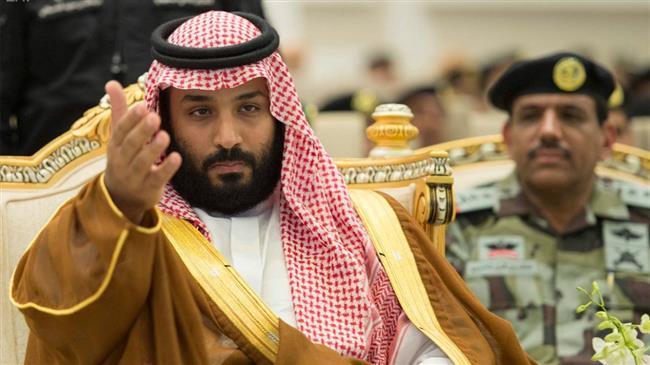
RNA - A report by Forbes highlighted recent indications that wealthy Saudis were unwilling to invest domestically as a sign that showed Prince Salman’s Vision 2030 economic reforms program could sooner or later hit troubled waters.
The report specifically brought into the spotlight concerns that “there may be an entire class of powerful Saudis questioning the future, or at least preparing for a worst-case scenario”.
This, it added, followed anticipations by wealthy Saudis and private businesses that the government might be monitoring their financial transactions and might even take steps “to prevent these people from moving assets out of the country”.
According to Press TV, Forbes further wrote that the arrests of 300 prominent Saudi royals and businessmen by Prince Salman’s security apparatus had already led to the stifling of the private sector in the kingdom.
As a result, many wealthy Saudis had already become unwilling to invest domestically despite the government’s centralized push for business growth.
The report further added that things could get even worse if the prices of oil continue to fall in markets.
Rising unemployment was also cited as a primary concern for the future health of the Saudi economy.
Unemployment in the kingdom, Forbes wrote, would generally be a result of a mismatch between “the type of jobs available and the type of jobs that unemployed Saudis are willing to do”.
The report further highlighted speculations that the centralized economic plans by Saudi Arabia might have the same fate as those pursed but eventually proved failed by the Soviet Union and China.
“This plan, Vision 2030, seems headed down a similar path,” wrote Forbes. “It may be time for Saudi Arabia to rethink the strong hand approach and try a more laissez-faire stance, trusting that the country’s past investment in education and the youth would push a healthy economy forward if the government got out of the way.”
847/940